1. Buying Flowers Before the Date
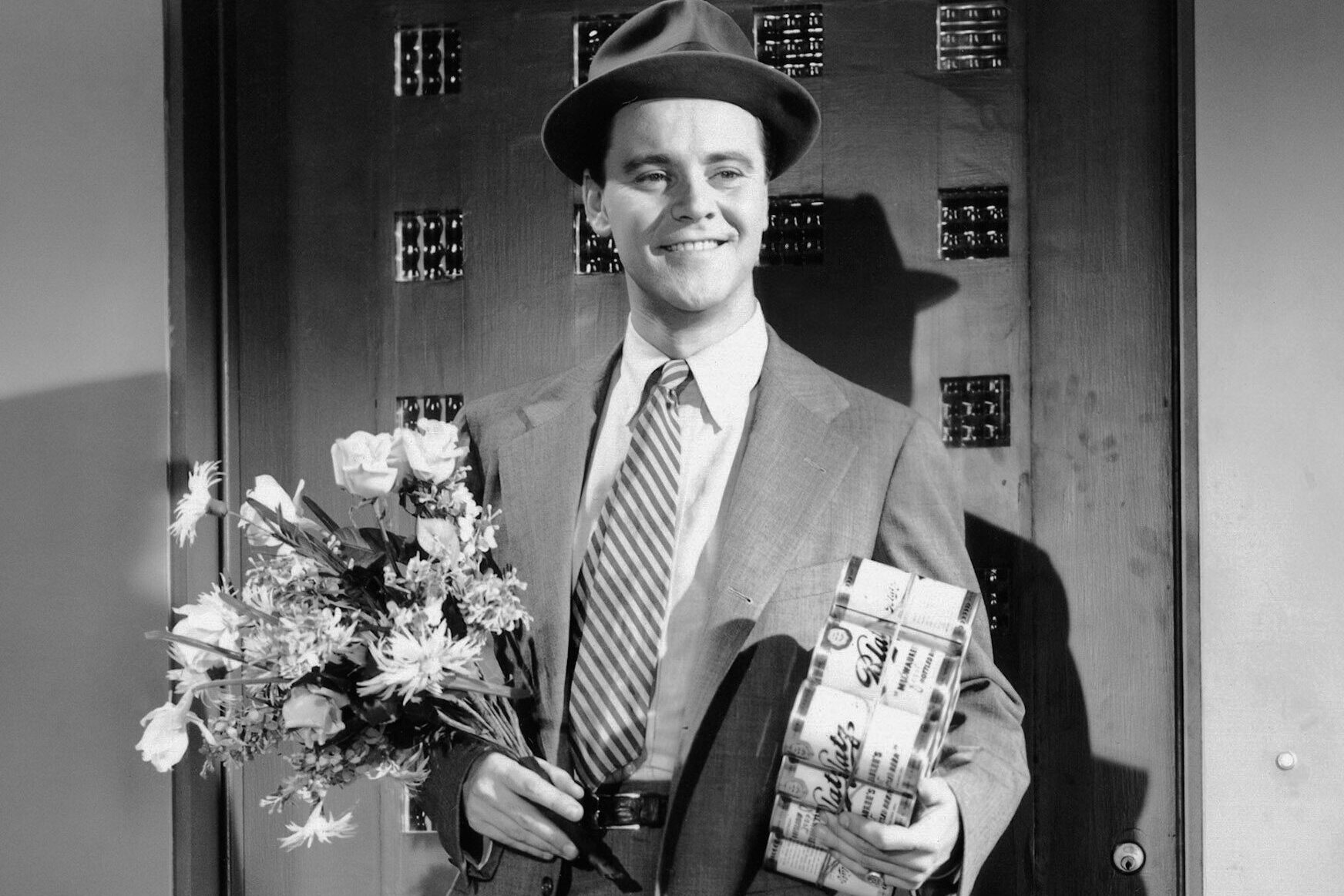
Back in the day, showing up with a bouquet of roses or a dozen carnations was seen as the pinnacle of romance. It was almost a given that a man would arrive at the door with flowers in hand, ready to sweep his date off her feet. While thoughtful, this move often put a lot of pressure on the date to respond in kind, making the whole evening feel more formal and less relaxed says Reader’s Digest.
Today, showing up with flowers might be seen as over-the-top, especially on a first date where the goal is to get to know each other casually. It can come across as trying too hard or setting expectations too high from the start. If you really want to bring flowers, perhaps opt for a single bloom or skip them altogether in favor of a more relaxed approach shares STLtoday.com.
2. Picking Up the Check Without Asking
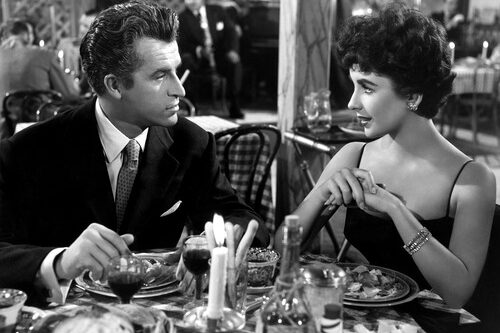
The expectation that the man should automatically pay for the date was a staple of dating culture for decades. It was seen as a sign of chivalry and respect, reinforcing traditional gender roles. Walking up to the table and declaring, “I’ve got this,” was considered smooth and gentlemanly shares Marie Claire.
Fast forward to today, and this move can be seen as presumptuous. Splitting the bill or at least asking, “Would you like to split this?” shows consideration and respects equality in dating. It acknowledges that both people can contribute, making the date feel more balanced and less about gendered expectations.
3. Calling the Date All Day Beforehand
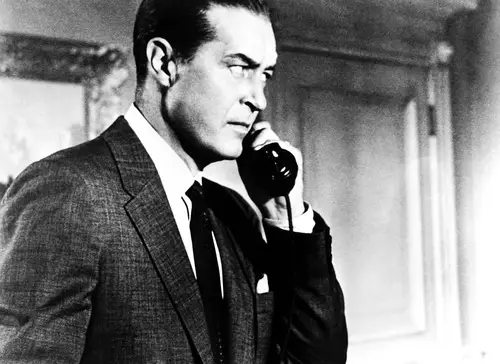
In the past, a guy might call his date multiple times leading up to the date, checking in, confirming plans, and ensuring everything was set. The idea was to show he was thinking about her all day and couldn’t wait for the date. While the intention was sweet, this behavior could quickly tip into overwhelming territory shares Vox.
Today, constant calls before a date can come off as clingy or anxious. Most people prefer a quick confirmation text or a single call to finalize plans. Maintaining a bit of mystery and giving your date space allows for a more relaxed and enjoyable experience when you finally meet up.
4. Overly Elaborate Date Planning
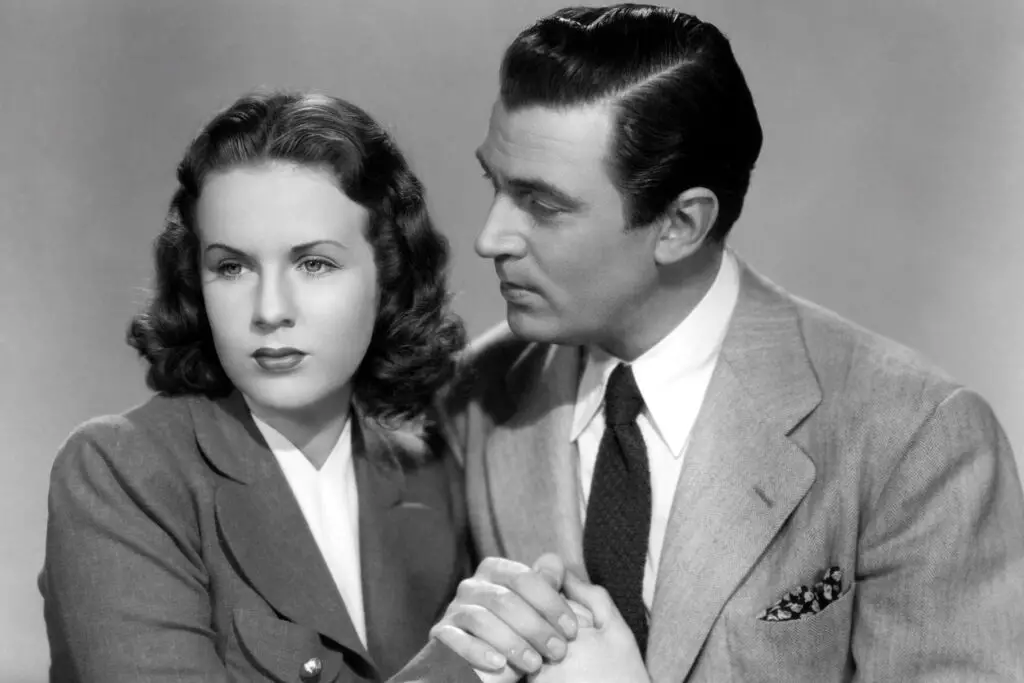
Setting up a first date that included dinner at an upscale restaurant, followed by a moonlit walk, and ending with a surprise gift was once seen as the ultimate way to impress. It was about creating an unforgettable experience, leaving nothing to chance. Planning every detail showed you cared enough to make it perfect.
However, these days, overly planned dates can come across as intense or intimidating. A first date is about getting to know each other without the pressure of a grand production. Keeping plans simple—a casual coffee or a relaxed dinner—allows both people to be present and genuine without the weight of overly high expectations.
5. Excessive Compliments on Appearance
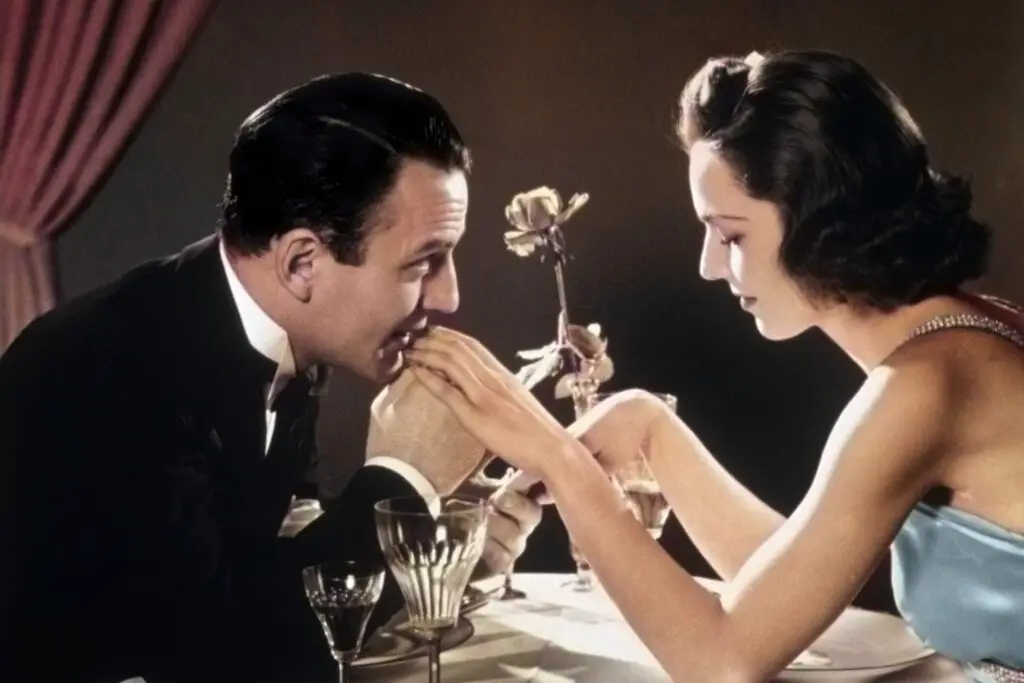
Compliments like “You look absolutely stunning” or “I’ve never seen anyone as beautiful as you” were standard fare on first dates. The goal was to make your date feel like the most attractive person in the world, boosting their confidence and setting a romantic tone.
While compliments are still appreciated, today’s dating culture leans towards authenticity. Over-the-top praise can feel insincere or put your date on the spot. Simple, genuine remarks like “You look nice” or “I like your style” keep the conversation natural and comfortable, helping the connection grow organically.
6. Taking Charge of All Decisions
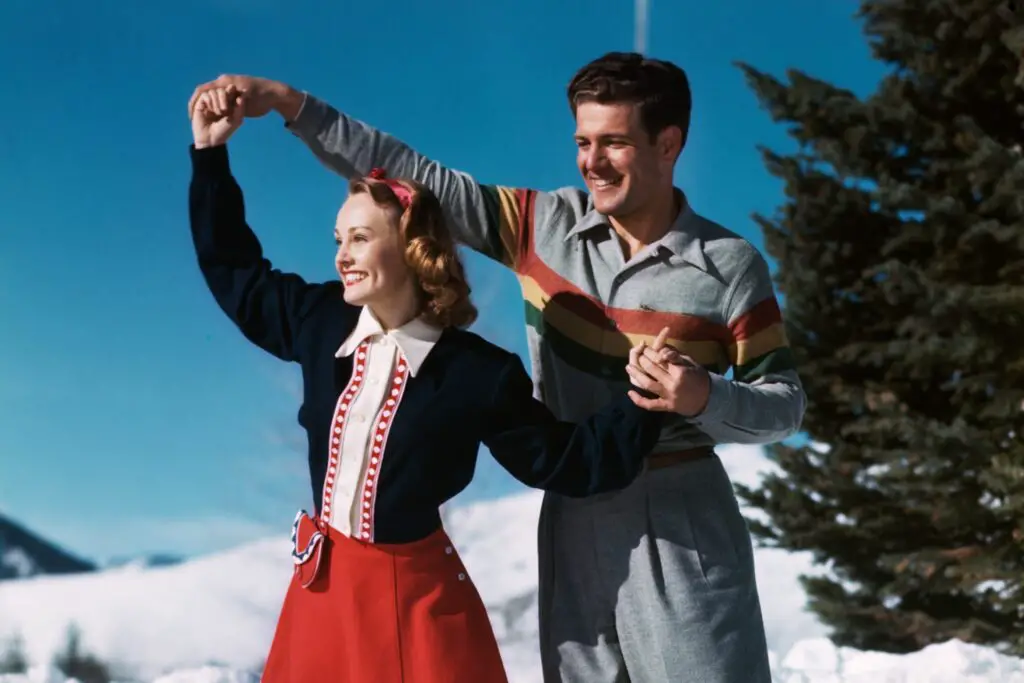
On older dates, it was typical for one person—usually the man—to make all the decisions. From where to eat to what movie to see, taking charge was part of being a confident date. It removed the burden from the date and streamlined the experience.
In modern dating, this move can be seen as controlling or dismissive of your date’s preferences. Sharing decision-making power shows that you respect your date’s opinions and want the evening to be enjoyable for both of you. Asking, “What sounds good to you?” invites collaboration and sets the stage for a more balanced and enjoyable date.
7. Expecting Immediate Physical Affection
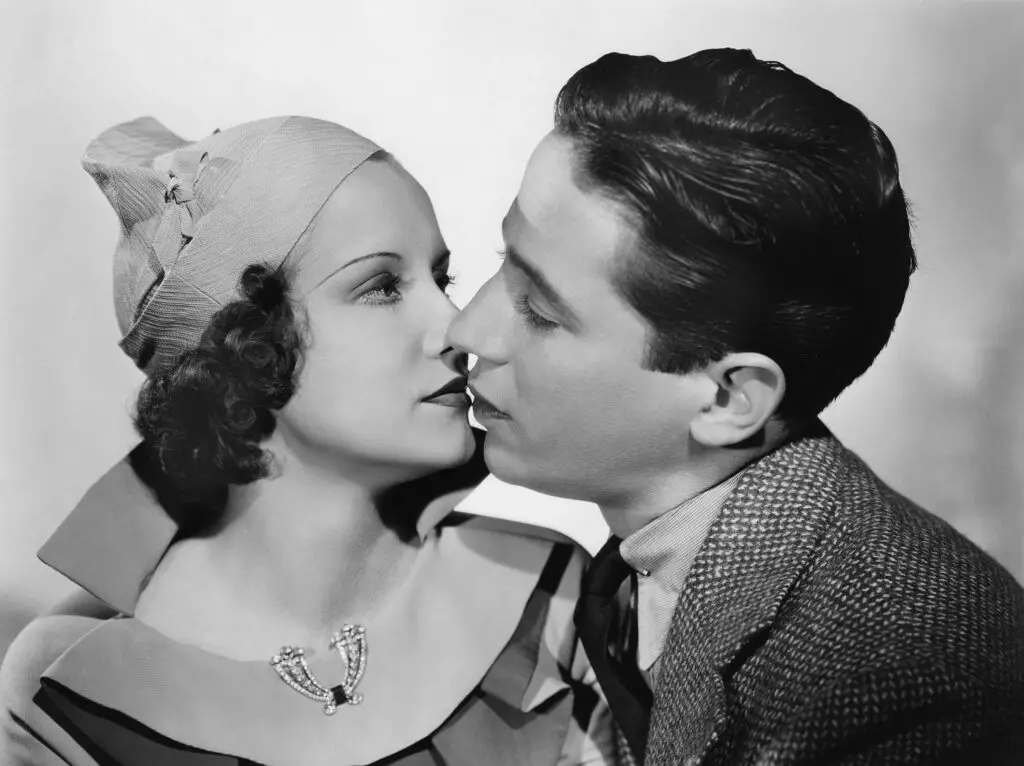
A handshake or hug might have been a polite way to greet each other on a date, but in the past, some people expected a kiss at the end of a successful first date. It was almost a rite of passage, seen as a reward for a date well done.
Today, physical affection is all about consent and comfort. Assuming your date will be okay with a kiss can make them uncomfortable or pressured. It’s much better to read their cues and ensure any physical connection is mutual. A simple, respectful goodbye keeps things comfortable and leaves room for future dates.
8. Over-sharing Personal Details
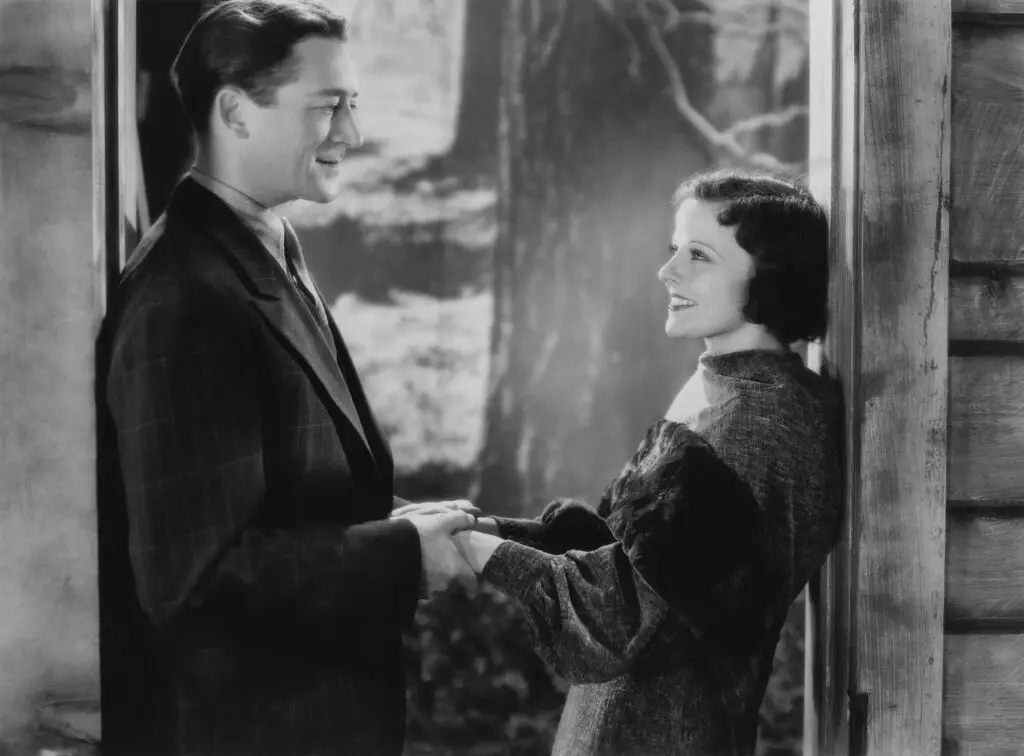
First dates in the past sometimes included sharing deep, personal stories to build a quick emotional connection. Topics like past relationships, family issues, or career failures were discussed early on to create intimacy. The idea was to open up and show vulnerability right away.
Now, diving too deep too soon can overwhelm your date. First dates are about building rapport, not unloading your life story. Keeping the conversation light and positive, with just enough personal details to spark interest, helps create a comfortable atmosphere. You’ll have plenty of time to dive deeper as the relationship develops.
9. Waiting by the Door to Escort Home
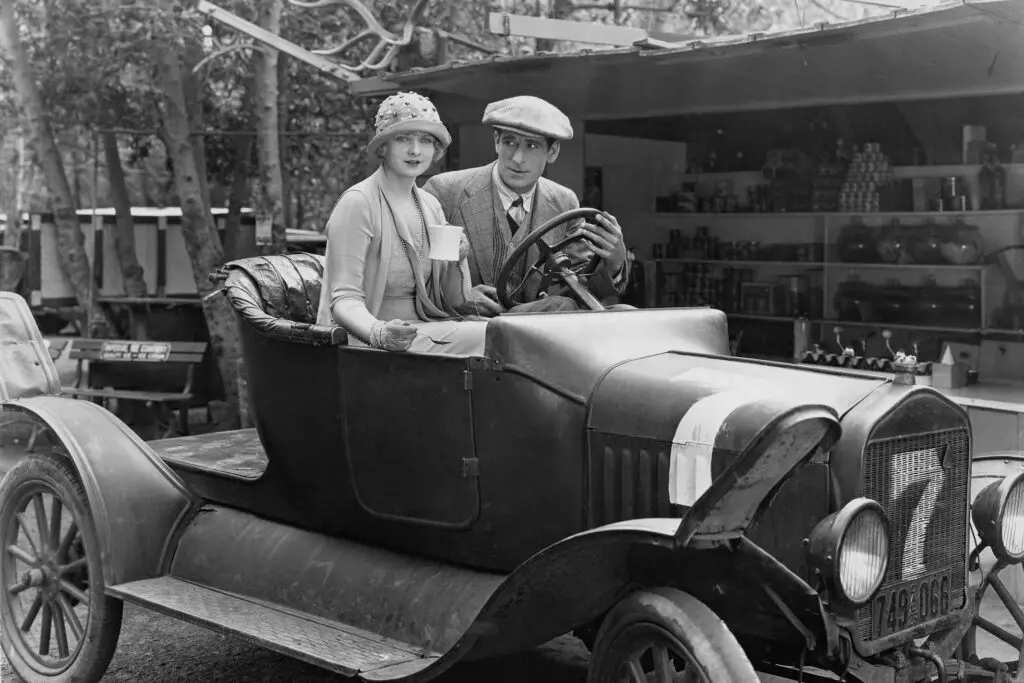
Chivalry often extended to the end of the date with the suitor waiting by the door, offering to walk the date to her car or home. This gesture was seen as protective and respectful, reinforcing traditional dating roles. It was the expected way to end a date, with the man ensuring his date’s safety.
In today’s dating scene, this move can feel overly formal or even unnecessary. Many people appreciate the independence to handle their own transportation and may find the escorting habit a bit old-fashioned. If your date seems comfortable, it’s a kind gesture, but always follow their lead and avoid making assumptions about what they want.
10. Unsolicited Advice About Their Life
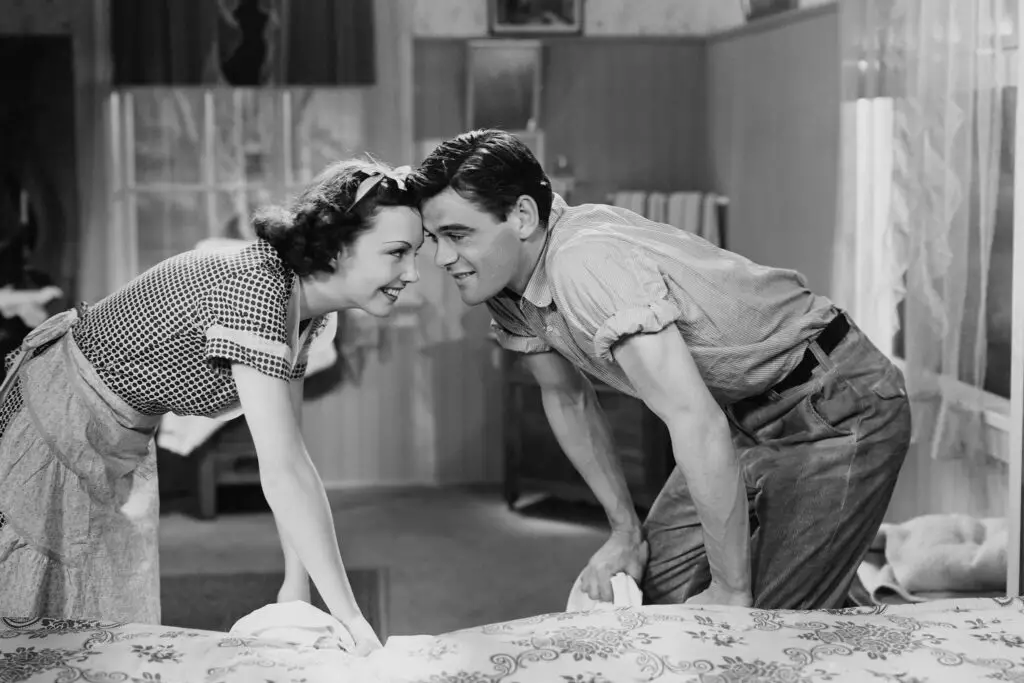
Offering advice about your date’s job, family, or life choices might have been a way to show you care and have insights to share. It was common to play the role of the wise, experienced date who could help guide their companion through life’s ups and downs.
However, giving unsolicited advice today is a big no-no. It can come off as judgmental or patronizing, especially when the goal is to build a connection. It’s better to listen actively and offer support when asked rather than assuming your perspective is what your date needs. Keeping the conversation supportive and open helps the date flow naturally.
11. Over-explaining Past Relationships
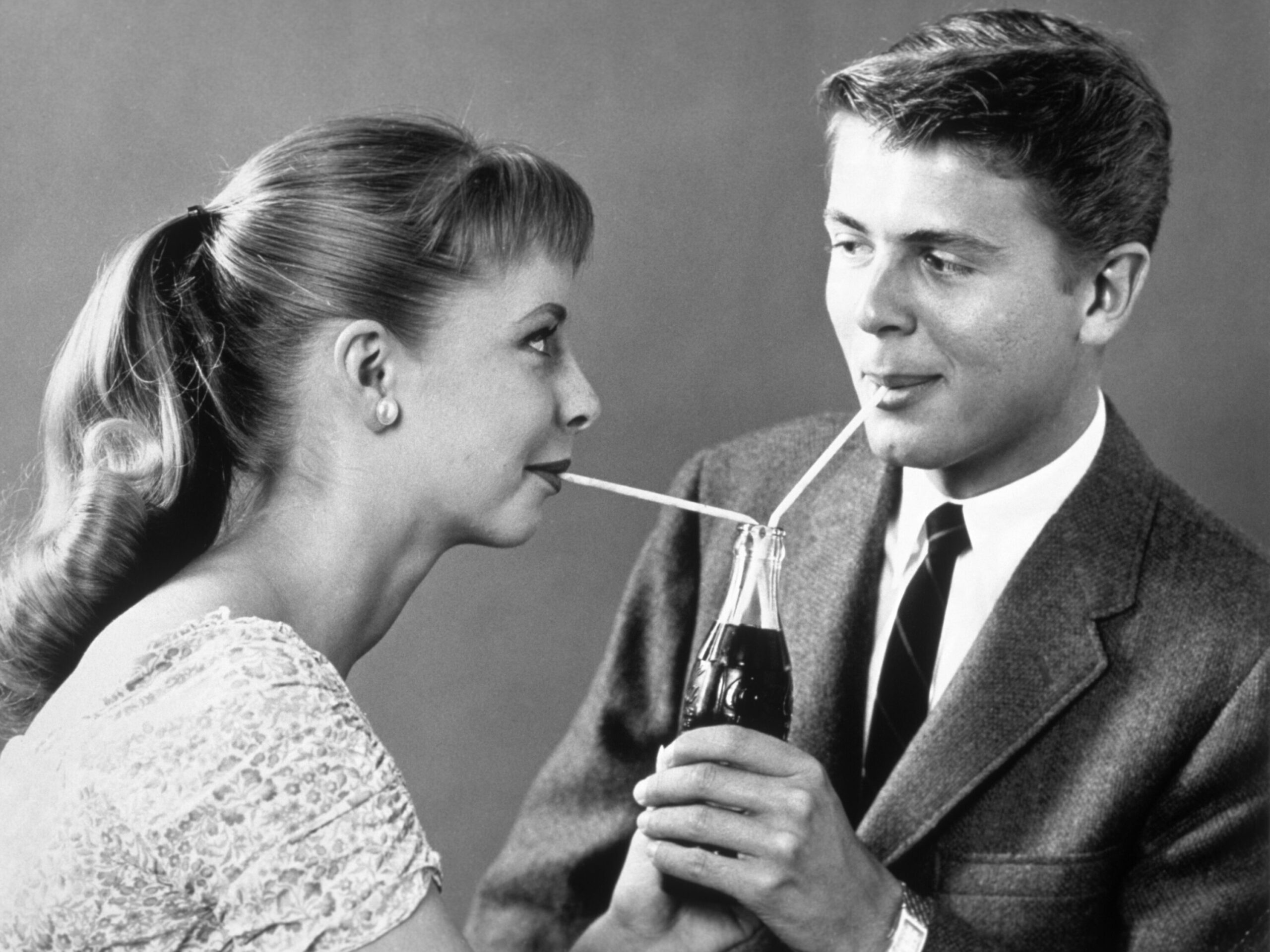
Discussing past relationships in detail was once a way to explain who you are and set expectations. It could involve explaining why the last relationship ended or what you’re looking for in the future. The idea was to be transparent and avoid surprises down the line.
These days, diving into past relationships on a first date can be a red flag for your date. It can make the evening feel heavy and shift the focus away from getting to know each other. Keeping the past in the past and focusing on the present and future helps keep the date light and enjoyable. Save those deeper conversations for when you’ve built more trust.
12. Planning the Next Date Immediately
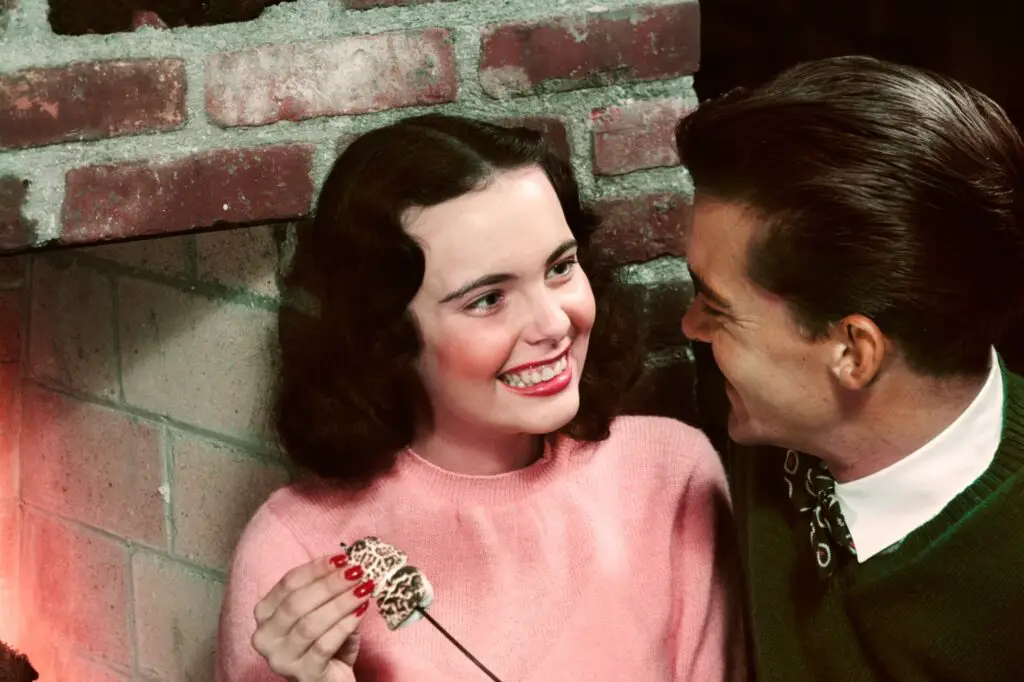
Closing the first date with plans for the next one used to be a confident move, signaling strong interest. Suggesting another dinner or an activity right after the first date was a way to assure your date that you were serious about seeing them again. It was all about keeping the momentum going.
In contrast, today’s dating culture often appreciates a more relaxed approach. Putting pressure on a second date immediately can create unnecessary anxiety. It’s often better to part ways on a positive note and follow up later with a casual text to plan the next meet-up. This gives both parties space to reflect on the date without feeling rushed.
